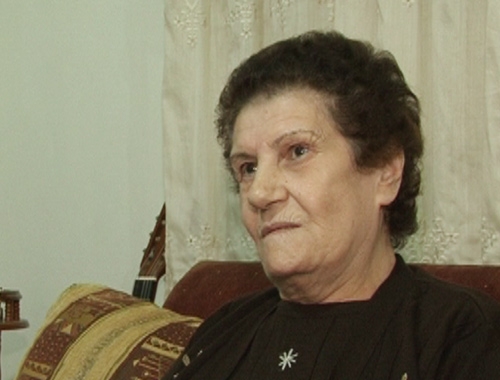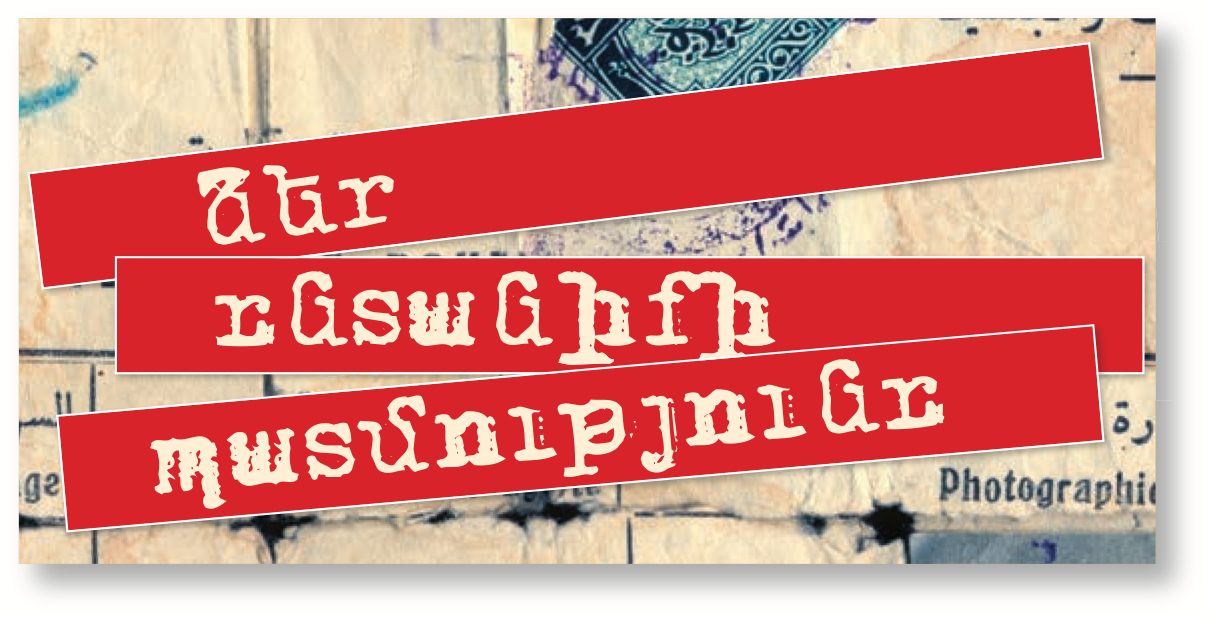 Repatriated from Syria in 1946 / Died in Beirut
Repatriated from Syria in 1946 / Died in Beirut
Zarouhie Chatalyan
I was six when my family in Syria boarded a ship to go to Armenia. That was in 1946. We reached Batum and from there they took us to Akhta (Hrazdan).
All us kids got sick. We hadn’t seen such snow. We froze along the streets. My father left us in Akhta and he went off touring the villages to find a good spot to raise bees. He was a beekeeper, and trade handed down in the family. He finally found the village of Kosh in the Ashtarak district. He gathered us up and we went to Kosh.
We had no place to live. They were giving the immigrants a corner in the houses of the villagers. A family was living in one corner, and another family in another corner. This was how it was until they finished constructing house from the new arrivals.
Our language differed from theirs. They laughed at us. The war had just ended. Famine reigned. We had no clothes. We were five children. We cried out for something to eat. Our neighbors gave us food, some wheat. My mother did needlework to sell. We lived like that, half-hungry, half-fed.
My father worked as a herdsman. There were state farms at the time. They would bring slop for the animals to eat. We ate that stuff. Through it all, my father never questioned why he came. Never.
We didn’t experience good days, but my political party father would say – it’s our homeland. Those were the words on his lips, ‘oh my homeland’ when he died in the homeland.
In any event, they married me off in Yerevan. There were many repatriates in our village who left for the city. But my two brothers are still in Kosh and my sister is in Ashtarak. My brothers are both beekeepers. My youngest brother has taken his bees to Kelbajar. He goes and stay there for long periods. My brother, the one just younger than me, went to America with his family.
We relocated to Lebanon in 1993. You know how dirty and dark those days were in Armenia. We had no other place to go.
We had a chance to leave Armenia before that but we didn’t take it. That was during the Soviet period, when our papers arrived from America for us to go.
My husband and I were working in a factory making fine wool. My husband said that he wouldn’t leave the homeland. We were alright in the Soviet period. We lived, with heads bowed. We had just gotten used to things. So, we didn’t go and such was our fate that we were forced to relocate to Lebanon. My daughter and my husband died here and are buried here.
My gaze is still directed at Armenia. I got married at the age of sixteen. My husband’s brother lived on the second floor and we lived on the first floor of a house. He sold his property and left for America, leaving us/me high and dry.
I gave birth to my three kids in that house. Later, I tried to register that first floor as my private property. I said that I would pay whatever it takes. They told me I had to go to court. I wrote to the prime minister of Armenia. He misunderstood, replying that they couldn’t help me financially.
My son is the only one working here. We’ve seen tough times here as well. You have to pay for school and the hospital. I wouldn’t want my enemy to have to wind up in the hospital here. My brother used to help out. Now he can’t. There’s no longer any work here. The situation isn’t good.



















